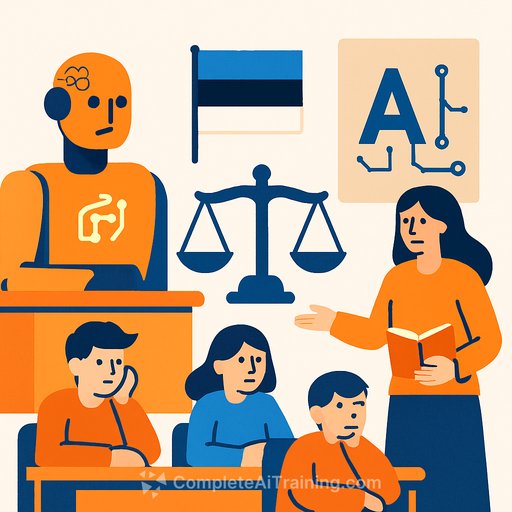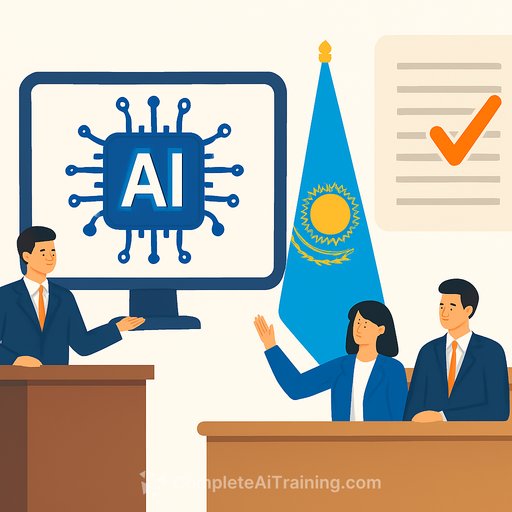Legal Barriers and Lack of Interest Delay Estonia's AI Rollout in Schools
Estonia is known for its digital advancements, yet the introduction of artificial intelligence (AI) in its education system faces hurdles. Key challenges stem from legal restrictions and limited enthusiasm among educators, slowing down AI adoption in schools.
Legal Challenges
Data privacy laws, particularly the General Data Protection Regulation (GDPR), present significant obstacles. These regulations strictly control how personal data can be collected and processed, complicating AI implementations that rely on large datasets. Schools must carefully comply with these rules to avoid legal issues.
Lack of Interest Among Educators
Beyond legal limits, many teachers and administrators show reluctance toward AI integration. A common concern is feeling unprepared to apply AI tools effectively in teaching. This hesitation is linked to insufficient training and a scarcity of resources supporting AI use in classrooms.
Future Prospects
Despite these issues, opportunities exist to expand AI use in Estonian schools. Efforts to increase educator awareness and provide practical training could reduce resistance. Additionally, ongoing discussions about updating legal frameworks may create a more favourable environment for AI adoption in education.
For legal professionals interested in AI’s role in education and compliance, staying informed on data protection developments is essential. Those looking to deepen their AI knowledge can explore relevant training options, such as courses available at Complete AI Training.
Your membership also unlocks:





